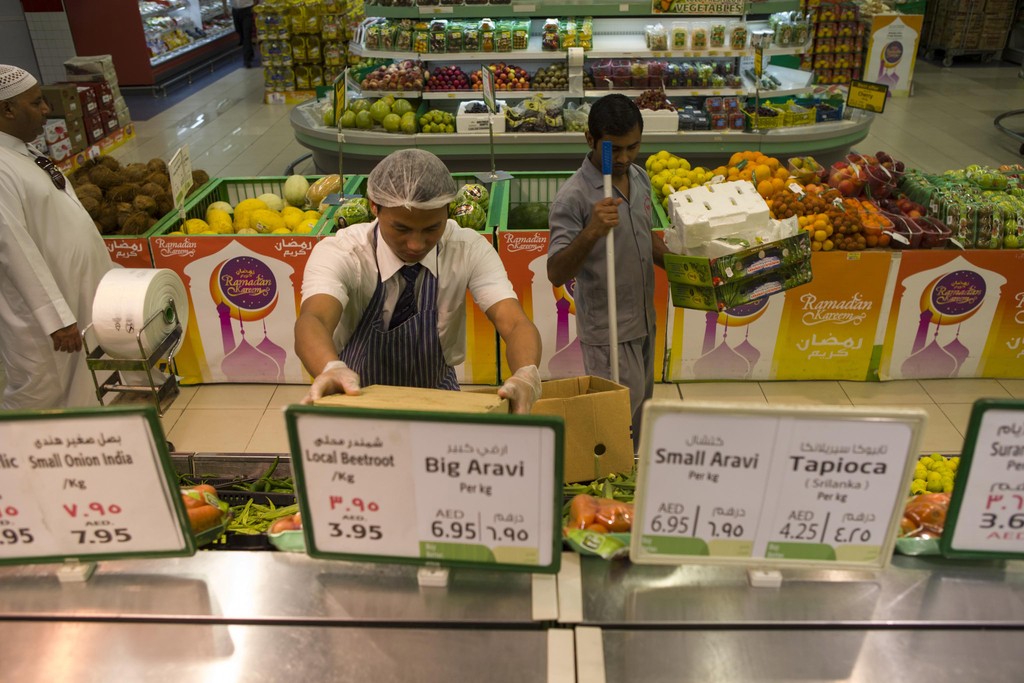MoCCE bans import of live birds, poultry products from Croatia
By egor Wednesday, 05 April 2017 9:36 AM

WAM -- The Ministry of Climate Change and Environment banned import of all kinds of live domestic and wild birds, ornamental birds, chicks, hatching eggs and their thermally untreated wastes from the Republic of Croatia, due to reported outbreak of pathogenic avian influenza there.
Dr. Majid Sultan Al Qasimi, Director of Animal Health and Development Department, Ministry of Climate Change and Environment, said in a statement released on Tuesday that the decision was made following a notification from the World Organization for Animal Health about the registration of highly pathogenic avian influenza in Croatia.
While taking the following actions on March 19, he noted, "Prohibiting the import of all kinds of live domestic and wild birds, ornamental birds, chicks, hatching eggs and their thermally untreated wastes from the Republic of Croatia, as well as prohibiting the import of poultry meat and thermally untreated products and table eggs from the affected province of KRAPINSKO-ZAGORSKA."
The ministry also allowed the import of thermally treated poultry products (treated meat and processed egg products) and thermally treated poultry waste from all of the Republic of Croatia, and also allowed prior to February 25, imports of thermally untreated products and table eggs from the affected province.
Notably, the ministry is keen to raise the level of food safety and ensure the provision of safe food to the consumer. It is working to implement Federal Law No. 10 of 2015 on the safety of food, which applies to all establishments licensed to trade food or feed, and consignments coming to the country or passing through its territory.
The law also applies to all stages of the food chain, from primary production through processing, until it reaches the consumer. The ministry is responsible for standardising and supervising food safety procedures in co-operation with concerned local food authorities.
The ministry is constantly working on developing the necessary policies, strategies and legislation to ensure food safety throughout the food chain as well as regulating trade activities to enhance food security. It also supports the national economy by regulating food handling activities, including import, export and re-export.
When a shipment of food products is received by the authorities in the country, the documents accompanying the consignments certificate of origin, health certificate and other required certificates such as Halal certificate are strictly verified.
The authorities also screen product identification cards to make sure it complies with the UAE standards, and examine samples of the food products through necessary laboratory tests to ensure they are free from harmful substances or contaminants.




























Add new comment